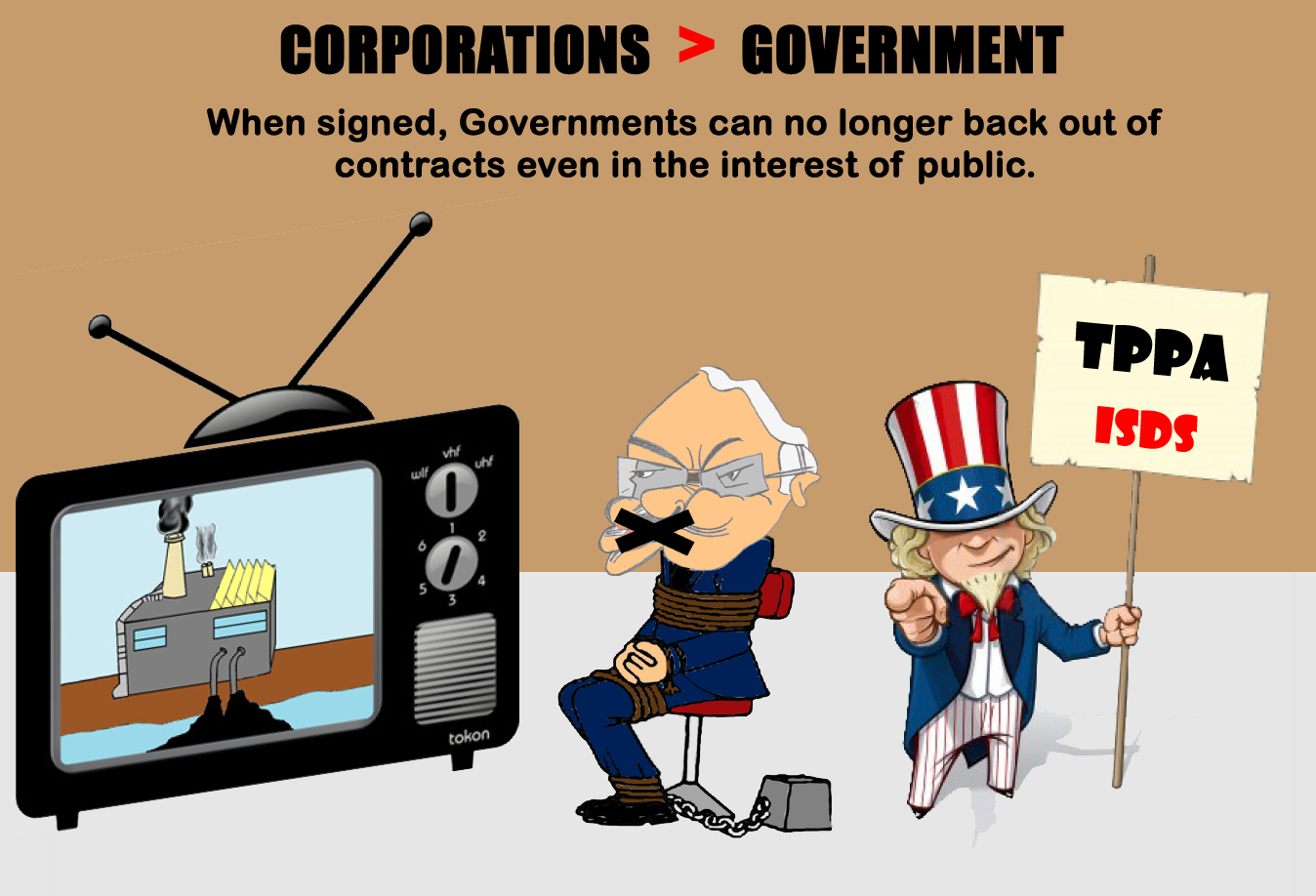Won't take no for an answer...

Summary: The growing conflict between public interests, government patent policies, and rich people (or their corporations) who want it all, not to mention their lawyers/lobbyists
TODAY'S EPO openly promotes software patents in Europe, in effect, metaphorically, spitting on the EPC on which it was founded. This is what happens when maximalists are foolishly put in change. What happens in the US right now is also interesting. Corporations there control the government more so than in Europe, and some increasingly take their government to court over alleged 'damages' (i.e. policies that don't favour said corporations).
Never forget CAFC's introduction of software patents several days ago. Now, see
this latest post about
CAFC, which says: "As a starting point for most claims against a government is with sovereign immunity. The U.S. Government claims sovereign immunity against suits except where waived. In the patent context, the U.S. government has waived its immunity, but limits the procedure and form of recovery. In particular, 28 U.S.C. €§ 1498(a) provides that “the owner’s remedy shall be by action against the United States in the United States Court of Federal Claims for the recovery of his reasonable and entire compensation for such use and manufacture.” The statute also provides cover for contractors or other non-government-entities who infringe the patent “with the authorization or consent of the Government” so that those actions must also be pursued against the U.S. Government. The Court of Federal Claims is located in the same Madison Place building as the Court of Appeals for the Federal Circuit."
As we noted in passing in
the previous post, ISDS (and its encapsulating 'hosts', e.g. TTIP/TTPP) is becoming a growing danger. Can corporations, in the guise of "investors", sue the government for taking action against software patents? Can patent trolls too foresee lawsuits against the US government, over
Alice at SCOTUS for example?
SCOTUS (US Supreme Court) typically rules in favour of corporations, with or without Scalia at the helm, and
this new report from WIPR says "US Supreme Court hears arguments on enhanced damages" (who after all would benefit from that?).
Yesterday we found
this new paper from Martin H. Snyder of Main Sequence Technology Inc. The abstract says: "Patent systems have not successfully adjusted to the advent of the Information Age. Law developed during the Industrial Age generates harmful distortions when faced with process-based inventions that result in new and useful information. Congress and the courts have attempted solutions, but they are unsatisfying in aspects of repeatability and lack of coherent separation of subject matter eligibility and patentability, with such separation seemingly implicit in the scheme of the patent act. A unifying doctrine of eligibility for information inventions is needed that adheres to standing patent law, court procedures, and normative expectations. Courts should require that process-based inventions have an identified result, which should be construed as a matter of law. Current Markman procedures should be expanded and treated as both eligibility and probable cause phases of the validity inquiry. There is a bar on inventions considered to be abstract ideas, as well as a bar on patenting printed material. These longstanding bars exist because virtually any human activity may be characterized as a process, thus bringing unlimited patent rights into direct conflict with other Constitutional rights. Despite those bars, thousands of computer and biotech patents have issued that constructively cover information and/or the utility derived therefrom. Finding disqualifying abstraction in eligibility and disqualifying abstraction in patentability requires different tests. If a process-based invention’s result is found to comprise information, a new test for eligibility should be applied. The current Alice test should be applied to the patentability inquiry. Abstraction is a continuum on linguistic and semiotic levels, requiring social conventions to create meaning. Finding justiciable meaning in social conventions creates insurmountable challenges to ethical enforcement of intellectual property rights. The literal root of the word abstract means to “draw away”, or consume. The proposed eligibility test requires that the information-consumer of a process-based invention’s result may not be a human being. Because non-human intelligences are a new fact in the world, products of human ingenuity, and essential actors in the Information Age, if the information-consumer is non-human, the information result of such a process-based invention should be patent eligible, subject to statutory and common law patentability requirements. There have been other proposed approaches to solving this problem, but all fall short for various reasons. This proposed new test focusing on the information-consumer is simple to apply across the arts; is technology neutral, intuitively appropriate, empowering of innovation in the Information Age, and highly fitted to American ideals."
What we have here is a corporate lobbying (de facto lobbying) trying to push for software patents in "paper" form (academic guise), much as
David Kappos did
last year. These people profit from software patents and they are increasingly upset at their government for ending a lot of software patents after a SCOTUS ruling.
⬆

